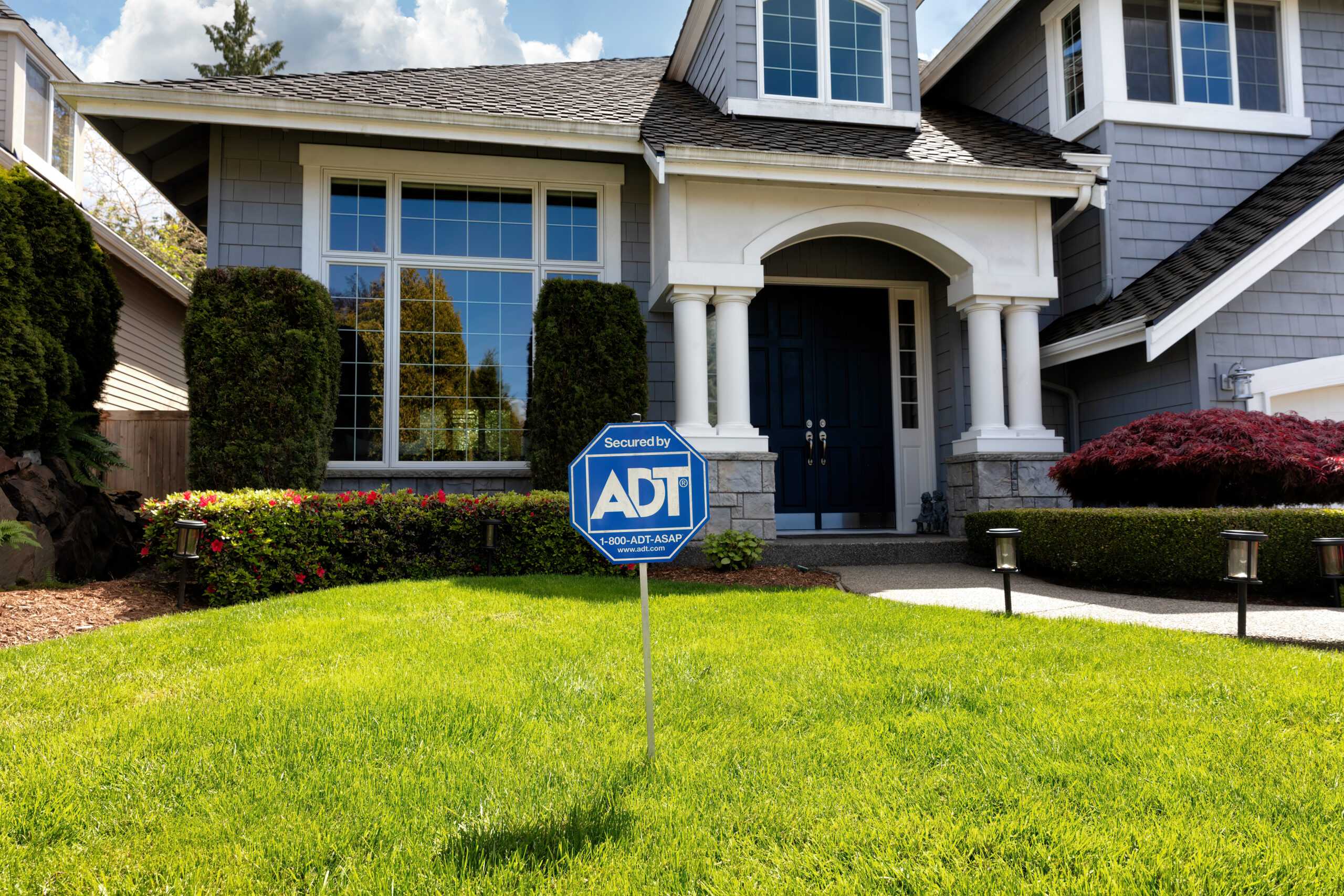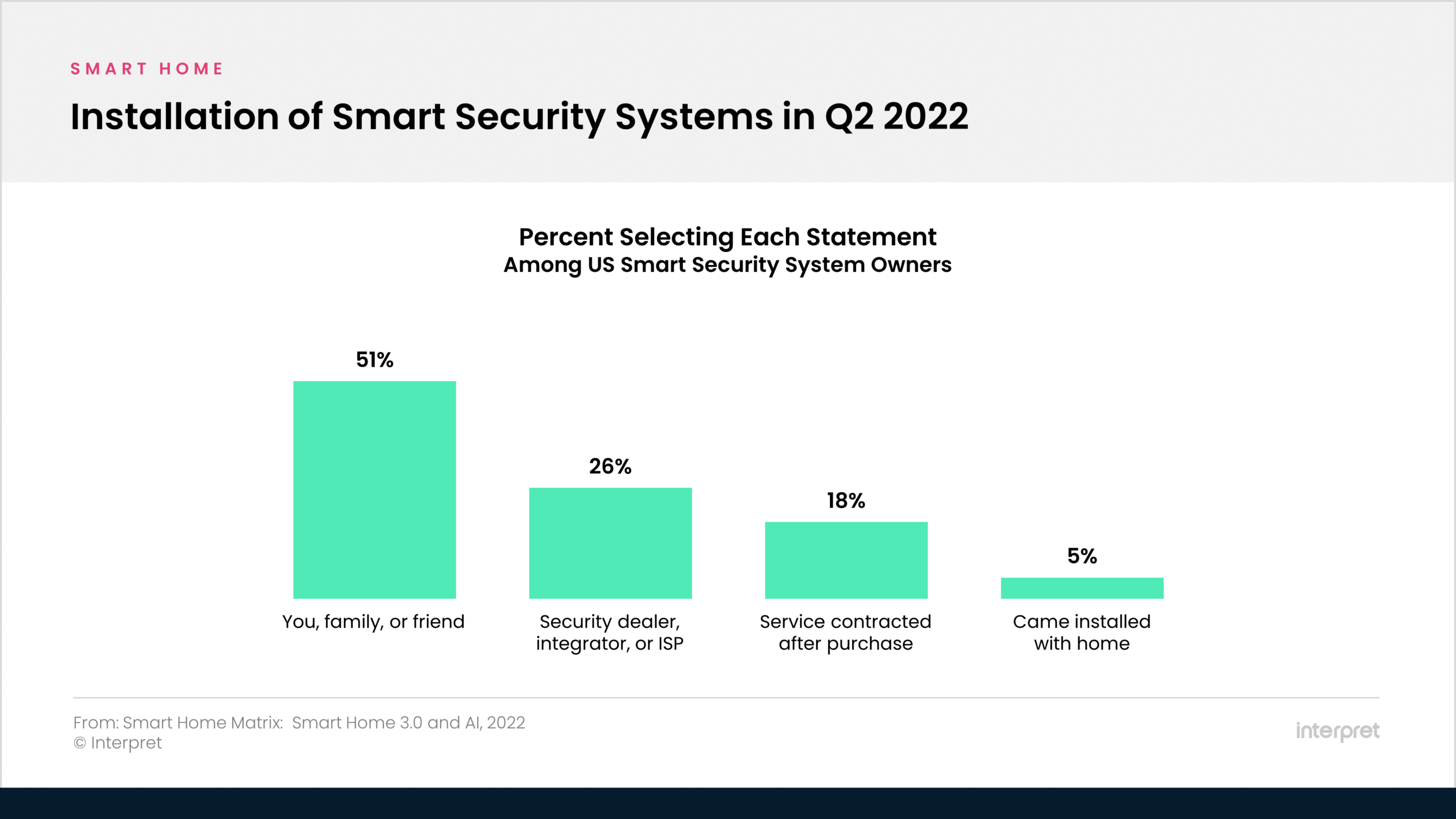Waiting for a service provider to make a house call has become a perennial pain for many homeowners. Whether it’s waiting for the “cable guy,” the plumber, or the repair technician for most anything, service calls are often inconvenient, leaving consumers feeling they have wasted precious time while waiting out the service window.
One positive outcome from the pandemic is that some innovative companies seized on the limitations to home service calls by creating new do-it-with-me (DIWM) support services. These services offer the freedom, convenience, and affordability of self-installation (DIY) supported with expert-level consultation via live video-assisted calls and other support tools. New video-enabled support platform tools designed for integrations with smartphone video, image share, and SMS tools are making this possible.
In its recent Q3 earnings report, ADT reported its new Virtual Assistance program (launched in July of this year) is already garnering high customer satisfaction levels while lowering the overall cost of service to the customer. The program centers on offering 30-minute appointments for two-way video assisted calls that can support installation or repair tasks such as upgrading a security panel, replacing faulty sensors or batteries, or installing additional smart home devices.
Security dealers have long touted the compatibility of their smart security systems with thousands of sensors and smart home devices, but few have wanted to incur the cost of rolling a truck to install a device after the initial installation of the system. This reluctance to promote and support add-on device sales has left money on the table at a time when uptake rates for smart video doorbells, Wi-Fi cameras, and smart door locks among security system owners have been exceedingly strong.
Interpret’s Smart Home MatrixTM research finds that 51% of smart security systems are now DIY installations, whether purchased at retail or through a service channel. Professional installation by security dealers accounts for about a quarter of installations, while contracted services after system purchase account for almost one fifth.
“Consumer confidence in self-installation of smart home devices continues to rise but doesn’t have to mean the erosion of professional services,” says Interpret Vice President Brad Russell. “Virtual support programs like ADT’s demonstrate a DIY path that can improve margins, increase incremental revenue, attract new cost-conscious or time-conscious consumers, and deliver on convenience.”
ADT also touts the program for helping achieve its sustainability goals by reducing the company’s carbon footprint when more trucks are kept off the road, and lauds the workforce flexibility achieved through utilizing remote workers – another pandemic response.
Learn more about smart security industry trends in Interpret’s quarterly Smart Home Matrix research.





